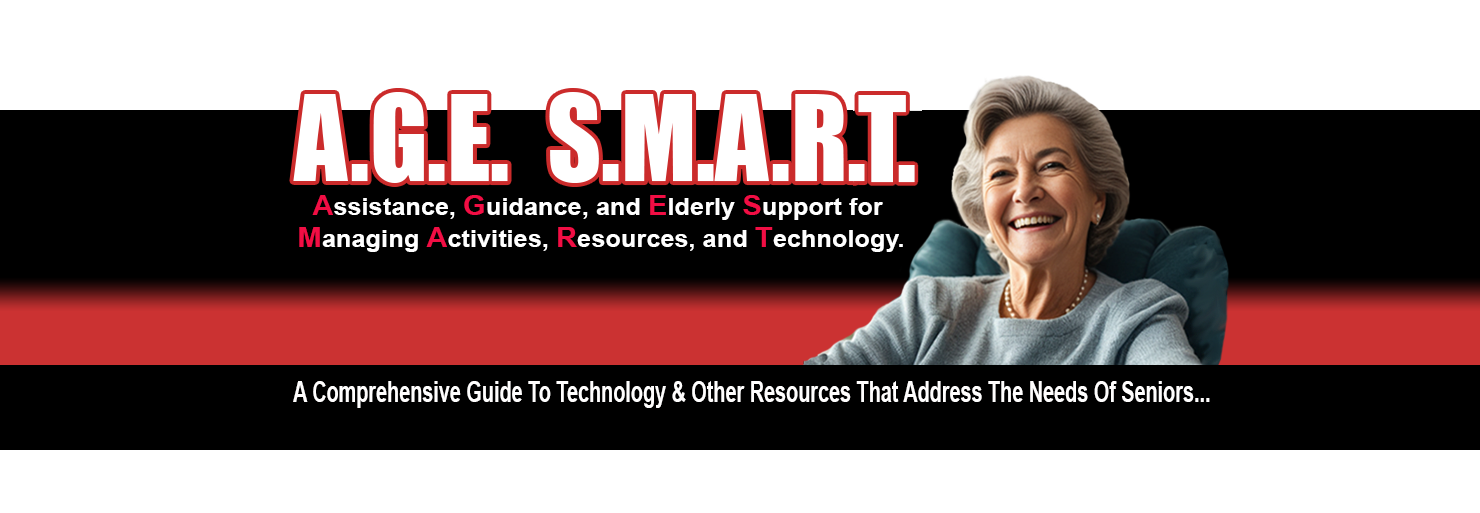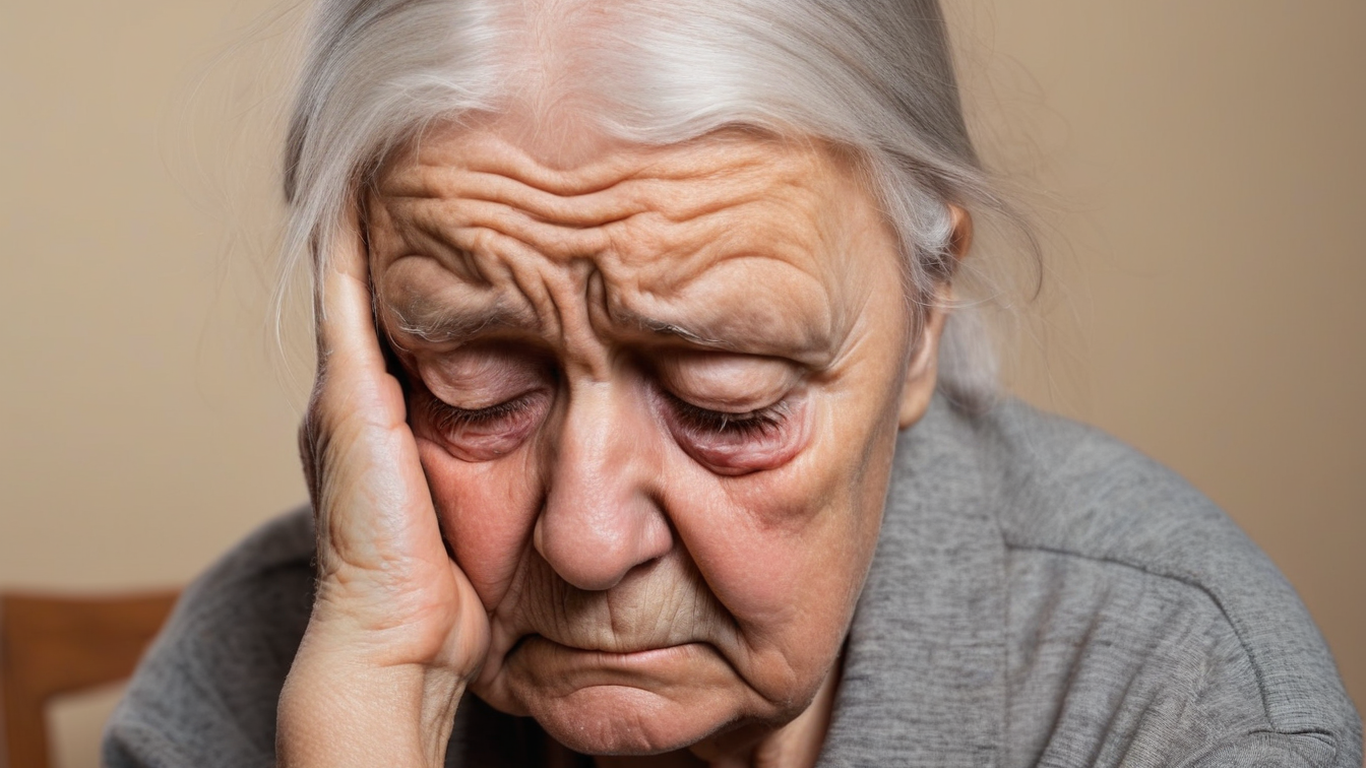
Alzheimer's Disease
Alzheimers.gov: http://www.alzheimers.gov/
Alzheimer’s Association: http://www.alz.org/
Brain health-National Institute on Aging: https://www.nia.nih.gov/health/topics/brain-health
Directory of Community Resources for Broward County Senior Citizens-Alzheimers/Dementia Services Page 14
Alzheimer's Disease is a Progressive Neurodegenerative Disorder that primarily older adults. It is the common cause of dementia, accounting for 60-80% of cases. Alzheimer's is characterized by the accumulation of beta-amyloids and tau protein angles in the brain, which leads to the deg of nerve cells and loss of cognitive function. The exact cause of Alzheimer's is not yet fully understood, but it is to be a combination of genetic, environmental, and lifestyle factors.
 The impact of Alzheimer's on seniors' daily lives and cognitive function can be devastating. In the early stages of the disease, individuals may experience memory loss, confusion, and difficulty performing everyday tasks. As the disease progresses, symptoms worsen, and seniors may require assistance with activities of daily living, such as bathing, dressing, and feeding. In the later stages of Alzheimer's, individuals may lose the ability to communicate, recognize loved ones, and control their bodily functions.
The impact of Alzheimer's on seniors' daily lives and cognitive function can be devastating. In the early stages of the disease, individuals may experience memory loss, confusion, and difficulty performing everyday tasks. As the disease progresses, symptoms worsen, and seniors may require assistance with activities of daily living, such as bathing, dressing, and feeding. In the later stages of Alzheimer's, individuals may lose the ability to communicate, recognize loved ones, and control their bodily functions.
The challenges faced by seniors with Alzheimer's Disease are numerous, including social isolation, depression, anxiety, and increased risk of falls and other accidents. Caregivers of individuals with Alzheimer's also face significant challenges, such as balancing their own needs with the demands of caring for a loved one with a debilitating illness.
Early diagnosis and treatment of Alzheimer's Disease are crucial for managing the disease and improving quality of life for seniors and their caregivers. While there is currently no cure for Alzheimer's, there are several treatment options available that can help manage symptoms and slow the progression of the disease. Medications such as cholinesterase inhibitors and memantine are commonly prescribed to help improve cognitive function and behavior in individuals with Alzheimer's.
In addition to medication, lifestyle changes and interventions can also help mitigate the progression of Alzheimer's Disease. Engaging in regular physical exercise, eating a healthy diet, staying socially active, and participating in mentally stimulating activities can all help maintain cognitive function and overall well-being. Additionally, participating in cognitive-behavioral therapy and support groups can help individuals and caregivers cope with the emotional and psychological challenges of Alzheimer's
For seniors and their caregivers living with Alzheimer's Disease, it is important to seek out practical advice and resources to navigate the challenges of the disease. Organizations such as the Alzheimer's Association and the Alzheimer's Foundation of America offer support groups, educational resources, and information on the latest research and treatments for Alzheimer's. Caregivers can also benefit from respite care services, home health aides, and assisted living facilities that specialize in caring for individuals with Alzheimer's.
In conclusion, Alzheimer's Disease is a complex and debilitating illness that affects millions of older adults and their caregivers worldwide. While there is currently no cure for Alzheimer's, advancements in research and treatment options offer hope for managing the disease and improving quality of life for individuals living with Alzheimer's. By focusing on early diagnosis, treatment, lifestyle changes, and support services, seniors and caregivers can navigate the challenges of living with Alzheimer's Disease and maintain a sense of dignity and independence in the face of adversity.